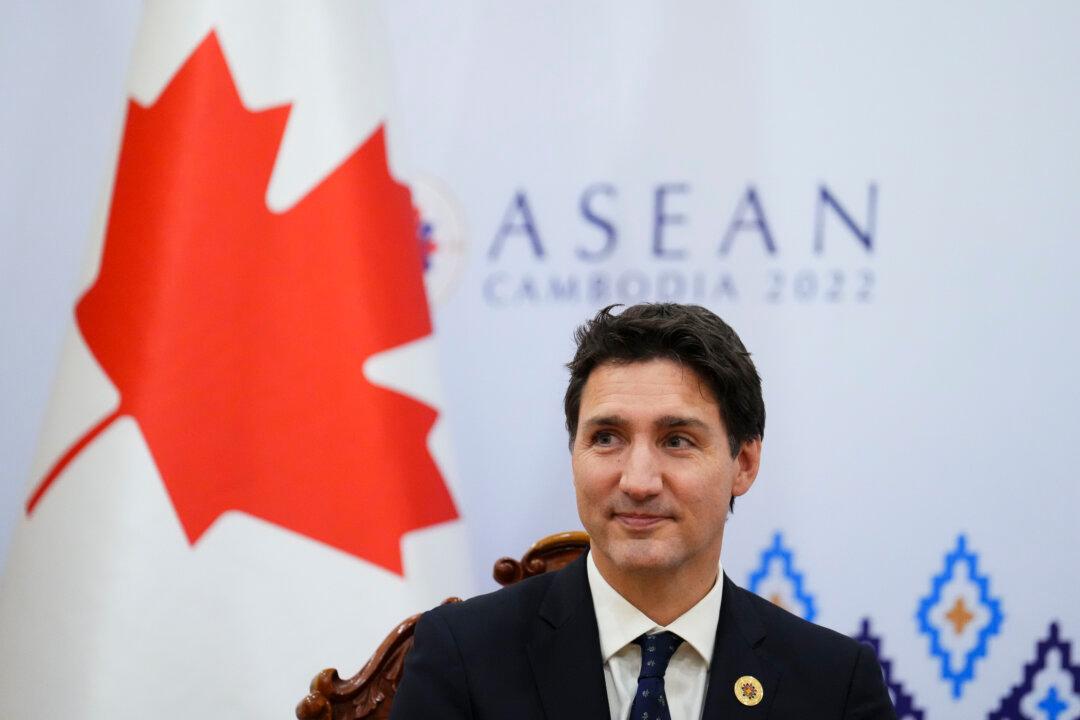Canada’s Indo-Pacific Strategy has pledged to work with allies in pushing back against threats posed by authoritarian states in the region, but it has much work to do to prove that it will walk the walk, an expert at the Macdonald-Laurier Institute (MLI) said.
Stephen Nagy, an MLI senior fellow and an associate professor at the International Christian University, said allies in the Indo-Pacific region may find some elements in Ottawa’s new strategy less relatable or agreeable.





